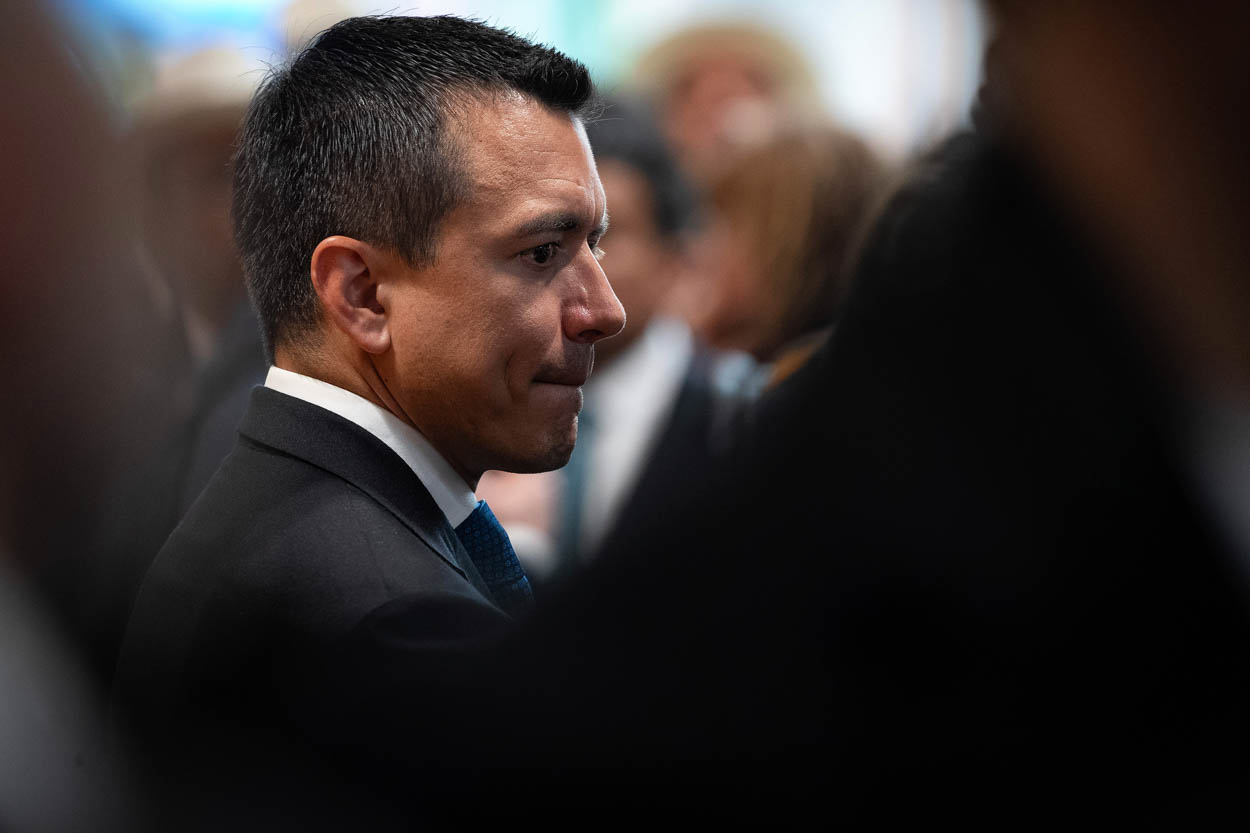Crime Fighting in the Americas
Crime Fighting in the Americas
Washington and Mexico launched a new security pact to stem drug smuggling and related violence. U.S. Under Secretary of State R. Nicholas Burns, hosted by AS/COA, called crime "the single greatest obstacle" to progress in Mexico and Central America. The upcoming issue of Americas Quarterly examines security. View a preview of contents.
Almost a decade after Washington and Bogotá forged an alliance to curb drug smuggling and related violence in Colombia, the White House joined with the governments of Mexico and Central America in launching the Merida Initiative to target drug trafficking and crime. President Bush proposed a $1.4 billion aid package to support the security pact with the goal of boosting Mexican and U.S. domestic enforcement efforts on October 22.
An initial $550 million was requested from U.S. Congress as part of emergency supplemental funds to cover military and diplomatic operations in Iraq and Afghanistan. Of those funds, $500 million goes to Mexico, which currently receives just $40 million in U.S. aid, reports the Dallas Morning News. The remaining $50 million would support Central American efforts to stem spreading gang and drug-related violence.
The initiative, named for the Mexican city where Presidents Bush and Calderon first agreed to the pact in March 2007, seeks to build on the Mexican president's tough moves against drug cartels. Since taking office last year, his administration has extradited over 20 cartel figures to the United States and sent thousands of soldiers to attempt to disrupt trafficking along drug smuggling routes across the country.
Despite these strong tactics, Mexico’s drug-related crime rate continues to rise. According to a recent report by the Mexican Congress, Mexico’s murder rate now ranks higher than any other country’s in the Western Hemisphere. Gangland style execution rose 155 percent since 2001, while major federal crimes—including homicides, kidnappings, and arms trafficking—shot up 25 percent in the first half of 2007 over the same period last year. U.S. Ambassador Tony Garza, speaking in Mexico City, called the Merida Initiative “the single most aggressive undertaking ever to combat Mexican drug cartels and the associated violence they pose.”
The Bush administration hopes for positive outcomes from the Merida Initiative similar to those witnessed in recent years in Colombia, where the area under cocaine cultivation dropped by 52 percent between 2000 and 2006, according to a UN report. Speaking at an October 22 AS/COA event, the Under Secretary of State for Political Affairs R. Nicholas Burns talked about the country’s “remarkable transformation” since the drug eradication initiative Plan Colombia began. Burns stressed that approval of a pending free trade agreement “is surely one of the most important means by which we can support Colombia in its success and encourage yet further progress.”
The new issue of AS/COA’s policy journal Americas Quarterly, to be published in November, takes a closer look at crime in the Americas. For a preview of contents, click here.







